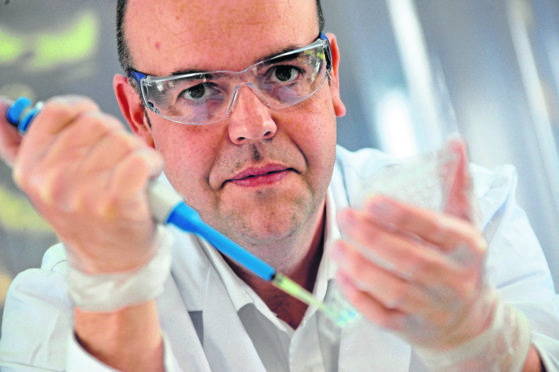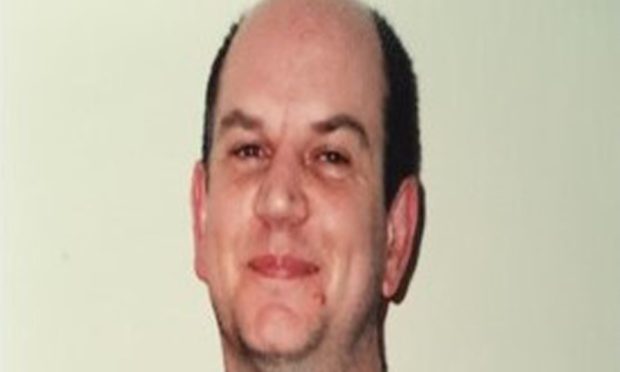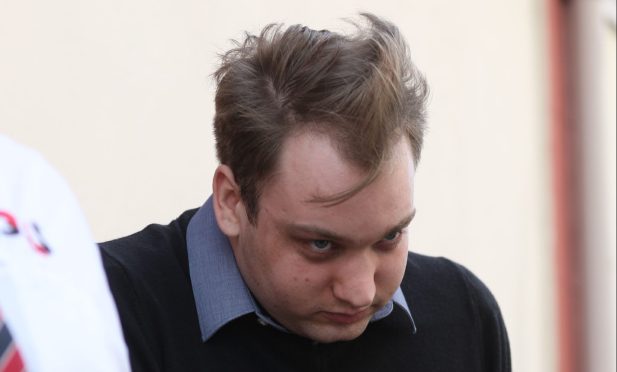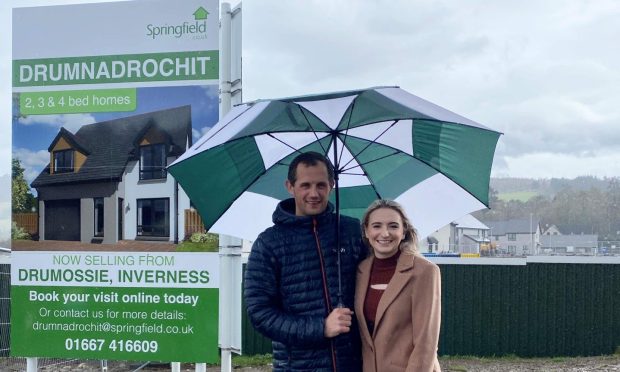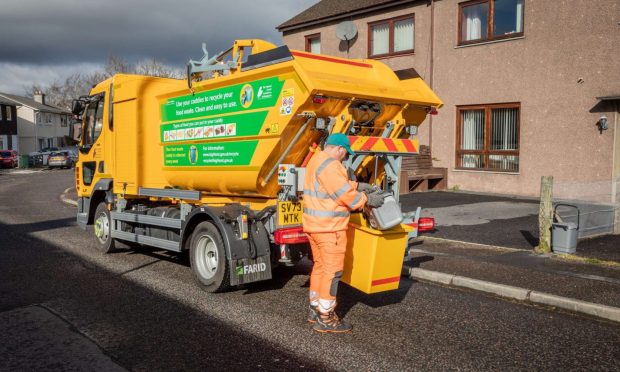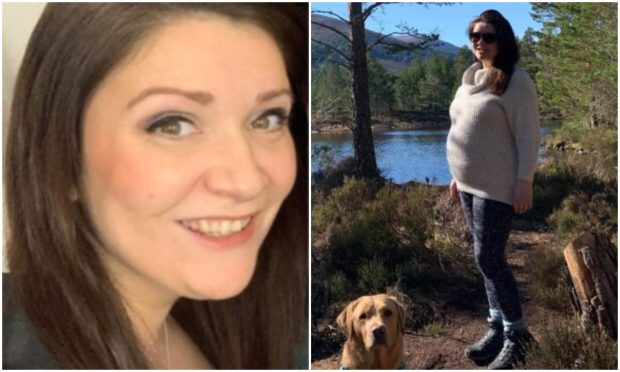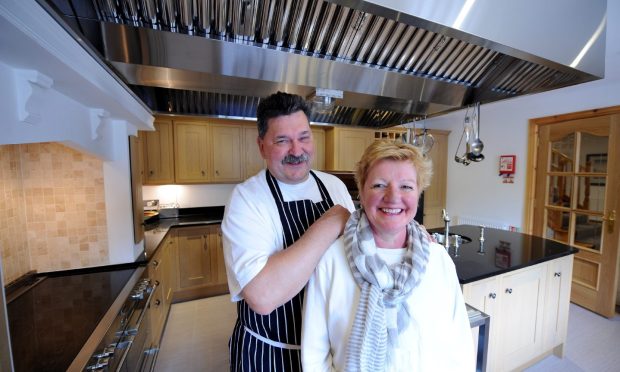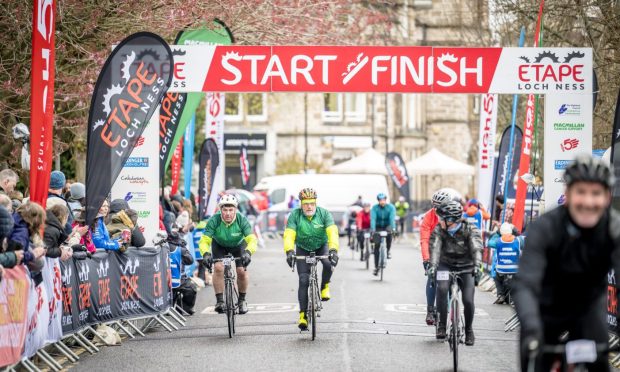Highland scientists developing a device to help save the lives of trauma accident victims have been handed a £1.6 million boost.
Highland Biosciences, based in the Black Isle for the last 10 years, has created a portable, handheld scanner that measures the coagulation of blood in the victim within minutes – potentially providing vital life-saving information about their condition prior to being rushed to hospital.
The CoaguScan also aims to prevent patients receiving blood unnecessarily, which could reduce the number of casualties with fatal transfusion side-effects as well as save on the bank of blood donations.
The work on the device by Highland Biosciences has been recognised by Innovative UK, who has awarded the firm £1.6 million to further develop the project.
Dr Richard Day, co-owner of the company, said he was “excited” at the future prospects of CoaguScan, believing it will be the future of coagulation testing.

He added: “There are 8,000 deaths a year in the UK as a result of trauma accidents, and 44% of trauma casualties will not leave hospital alive.
“These accidents are the biggest killer in individuals under 30 – the most significant generation of society for future growth of the economy.
“Even survivors are often left with major disabilities for the rest of their lives, resulting in them needing explicit NHS treatment across their lifetime.
“CoaguScan measures blood velocity in a matter of minutes and could be the answer to this overwhelming problem.
“After receiving a grant of £1.6 million, the future of trauma patient care could be fundamentally transformed.”
Highland Biosciences innovative device is focused on testing the coagulation of blood in trauma patients before reaching the hospital, so that they receive the correct treatment before arrival.
Dr Day said: “The company has huge ties with NHS trusts and Imperial College, both of which are very excited with the prospect of implementing this device into their practices.
“Not only will this product decrease the 44% hospital death figure but it will also prevent patients receiving unneeded blood, therefore reducing the amount of casualties with fatal side effects from unnecessary transfusions.
“Blood is also a sparse resource. However, CoaguScan will allow the blood service to be used more efficiently.”
Dr Day said that funding in the industry was very difficult to achieve, so having the support by Innovate UK was “fantastic” for the company.
He added: “This grant will enable product development and clinical trials to be undertaken so that product verification can be established.
“After this is completed, CoaguScan should be ready for commercialisation.”
